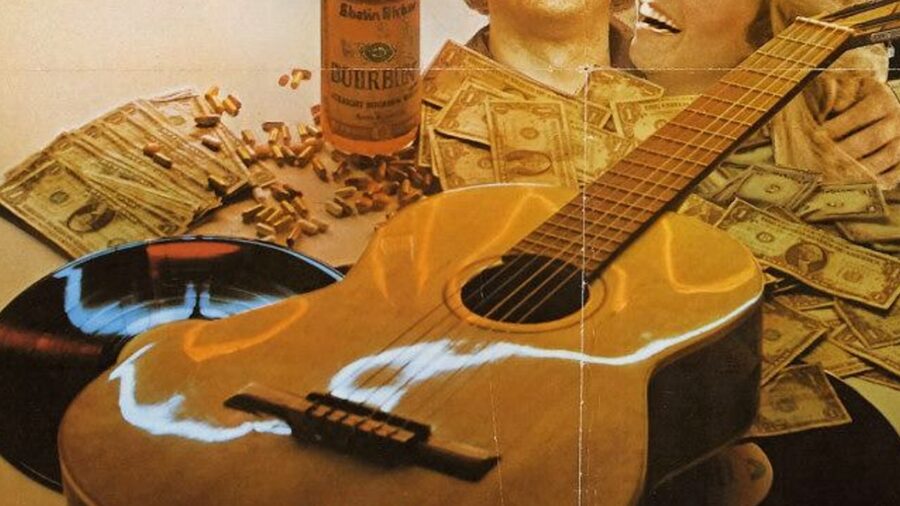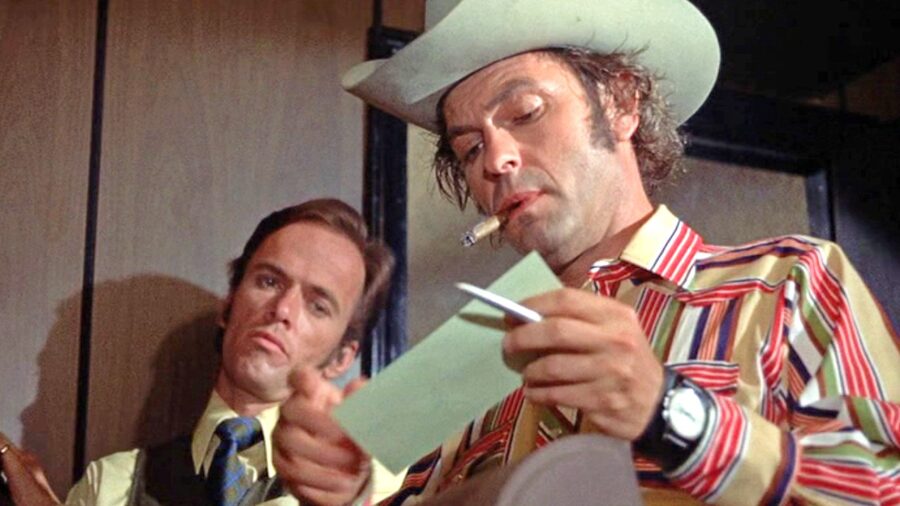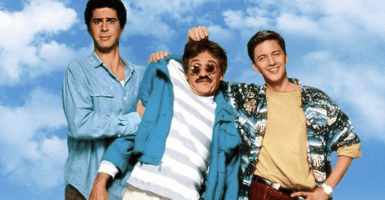1970s Gritty Secret Gem With A Men In Black Star Needs Rescuing

Rip Torn (Men in Black) started his legendary acting career in 1956, and maintained an on-screen presence in various capacities until his passing in 2019. Throughout his 60-year run, Torn took on dramatic and comedic roles alike, often stealing the show with his colorful and charismatic characters that mirrored his volatile off-screen personality. Known by his peers and fans to have a conflicting countenance, Torn can be seen exercising his inner demons for the sake of characterization in 1973’s Payday.
Payday is one of those films that saw critical acclaim upon its initial release, but runs the risk of being lost to time.
If you need more convincing to seek out a copy of Payday, Trailers From Hell has a short and sweet breakdown of the film below.
Payday is one of those films that saw critical acclaim upon its initial release, but runs the risk of being lost to time. Though a DVD of the film was released in 2008, it has yet to be restored for a modern audience, and is not currently available to view on streaming.
Playing out similarly to 2005’s Walk the Line, Payday tells a troubling story about an up-and-coming country music singer whose excessive lifestyle ultimately leads to his undoing.
Though contemporary critical reviews leave Payday with a 56 percent critical score on Rotten Tomatoes, its 78 percent audience score is more indicative of how well-received the film was when it was released.
Cited as a film that’s “easy to admire but really hard to like,” Payday provides an alarming amount of insight into the life and times of Rip Torn’s Maury Dann. Maury lives hard on the road with his entourage of musicians, groupies, managers, and his girlfriend Mayleen. Burned out from his relentless touring schedule, drinking habit, and willingness to start a fight, Maury’s management sees his rising success as a mid-level touring musician as a liability rather than an asset.

What makes Payday’s storytelling so effective is Maury’s revealing interactions with his touring manager, Clarence McGinty. While members of Maury’s backing band find themselves partying in motels after their performances, Maury gets pulled aside to settle a number of issues that are happening behind the scenes.
We quickly learn that in order to keep the country singer on the road, McGinty has to handle a number of legal matters that involve Maury’s explosive temper manifesting in the form of fistfights, sexual assault, and reckless behavior like firing a gun from his speeding Cadillac that puts his entire entourage at risk.
Urged by McGinty to slow down and take a brief residency in Nashville before booking another long stretch of tour dates, Maury continues down his path of self-destruction because he hasn’t quite broken through as a mainstream act. In his mind, losing momentum will be an incredible disservice to the band, and he’s not willing to risk losing out on his big break for the sake of his physical and mental well-being.
But as Maury’s downward spiral continues in Payday, he alienates everyone who depends on him because his erratic behavior has the potential to stop his career dead in its tracks.
Playing out similarly to 2005’s Walk the Line, Payday tells a troubling story about an up-and-coming country music singer whose excessive lifestyle ultimately leads to his undoing.
Upon its release, Payday was praised by The New York Times for its realistic yet troubling character study. By vividly illustrating how damaging life on the road can be for a band on the verge of receiving the recognition they’ve been working so hard to obtain, we’re able to witness how easily it can all be taken away if one man’s hubris takes the center stage.
Though contemporary critical reviews leave Payday with a 56 percent critical score on Rotten Tomatoes, its 78 percent audience score is more indicative of how well-received the film was when it was released.












